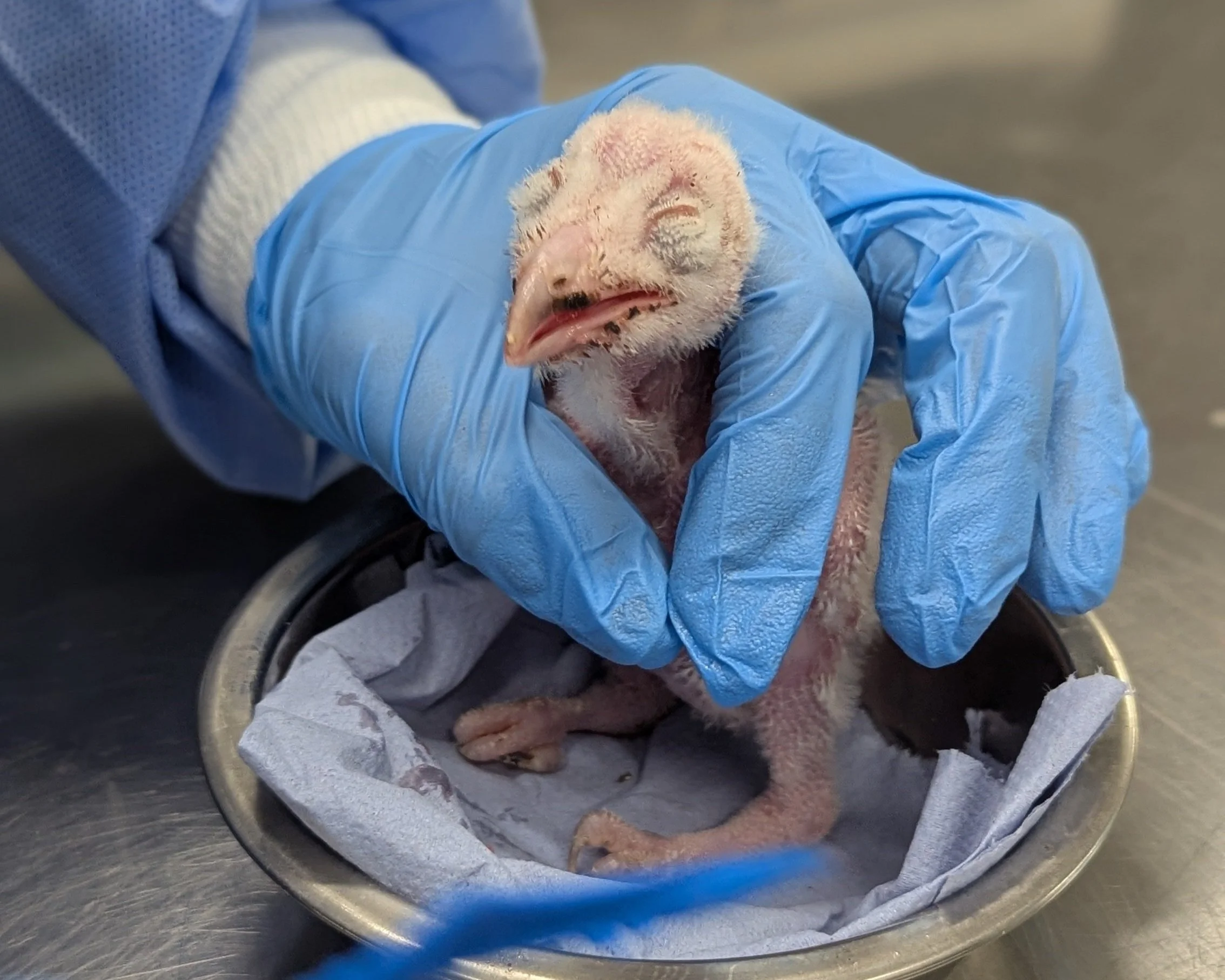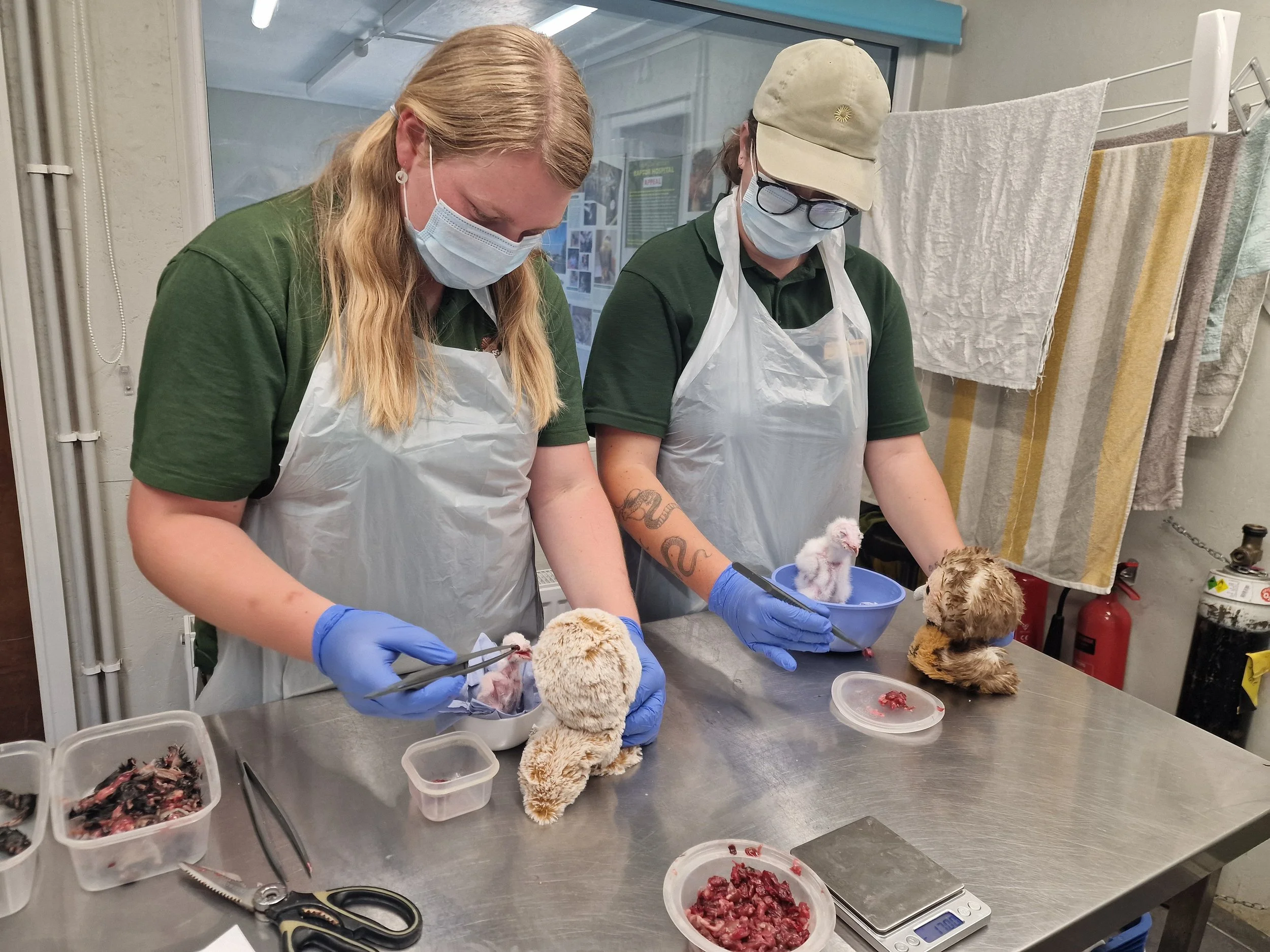All wild birds in the UK are protected under the Wildlife and Countryside Act 1981, making it illegal to intentionally kill, injure, or take them. Among these, barn owls receive extra protection as they are listed under Schedule 1 of the Act. This means their nests, eggs, and young are also safeguarded, along with the buildings or trees they occupy during the nesting period.
True to their name, barn owls are closely associated with agricultural buildings. They rely heavily on barns and similar structures for shelter and breeding. The high rafters, secluded corners, and minimal disturbance often found in barns make them ideal for nesting. These locations also offer abundant hunting opportunities, as stored food and livestock attract rodents - the owls' primary prey.
However, with the growing trend of barn conversions and renovations, there is increasing risk to these birds. Invasive work on potential nesting sites should only be carried out outside the breeding season, which typically runs from March to August. If urgent work cannot be delayed, a thorough ecological survey is essential to confirm whether barn owls, or other protected wildlife, are present.
Unfortunately, we’ve recently seen the consequences of neglecting these precautions. Three juvenile barn owls, all with their eyes still closed and only a few days old, were brought to us after their nest was accidentally destroyed during barn renovations.The presence of the owls had not been known and after receiving a call for advice, we determined that it wasn’t safe to return them to the site. They were transferred to Suffolk Owl Sanctuary for rehabilitation.
If the young owls in our care survive and develop well, they will eventually be transferred to one of our hack pens, specially designed aviary-like enclosures that allow for a soft release into the wild. These pens provide a controlled environment where the owlets can build strength, learn to hunt, and gain the skills they need to survive independently. Located in remote areas to reduce human disturbance, the pens are designed to allow small rodents to enter naturally, but we also provide food every few days.
The owls will be monitored via trail cameras to track their progress. When they are ready, the door of the hack pen will be opened, giving them the freedom to leave while still having the option to return. Supplementary food will continue to be provided for a period after release, and the area will be monitored closely to ensure the birds make a successful transition to life in the wild.
Barn owls aren’t the only wildlife affected by barn renovations. Bats also frequently roost in barns, making use of natural cracks, crevices, and warm spaces. Bats are protected under Schedule 5 of the Wildlife and Countryside Act, which makes it illegal to intentionally kill, injure, or disturb them, or to damage their roosts, even if the animals are not currently present.
📝 Conservation Officer Amber Hanys


